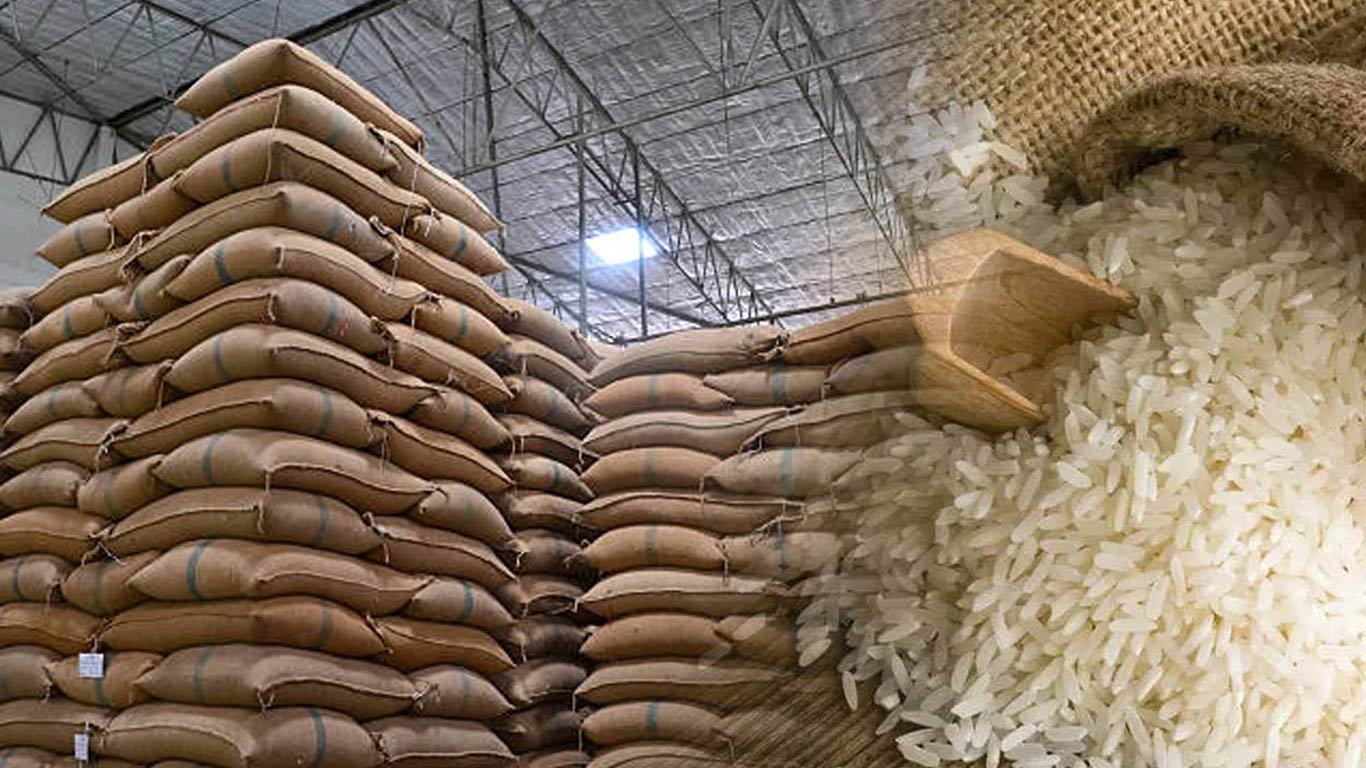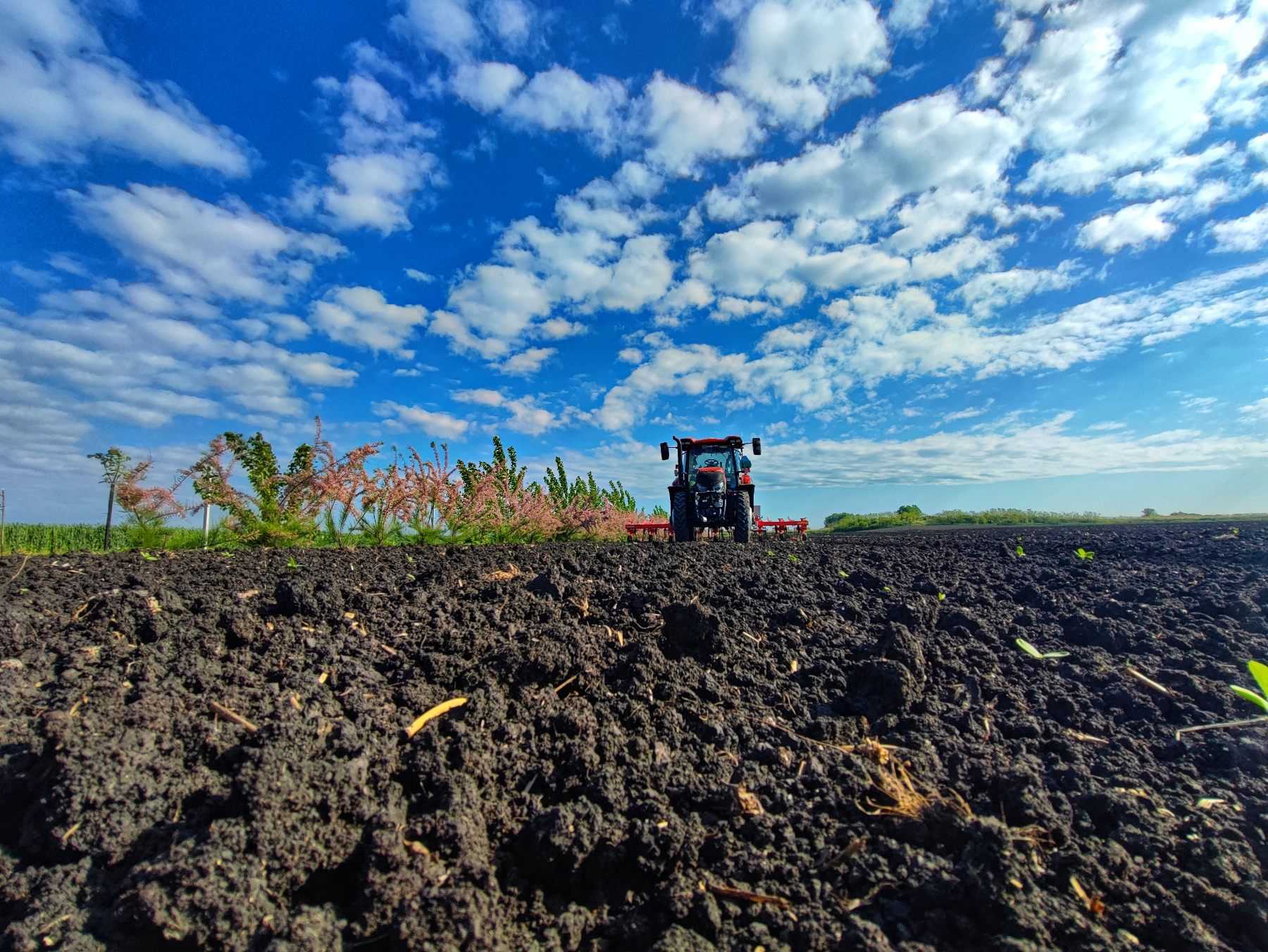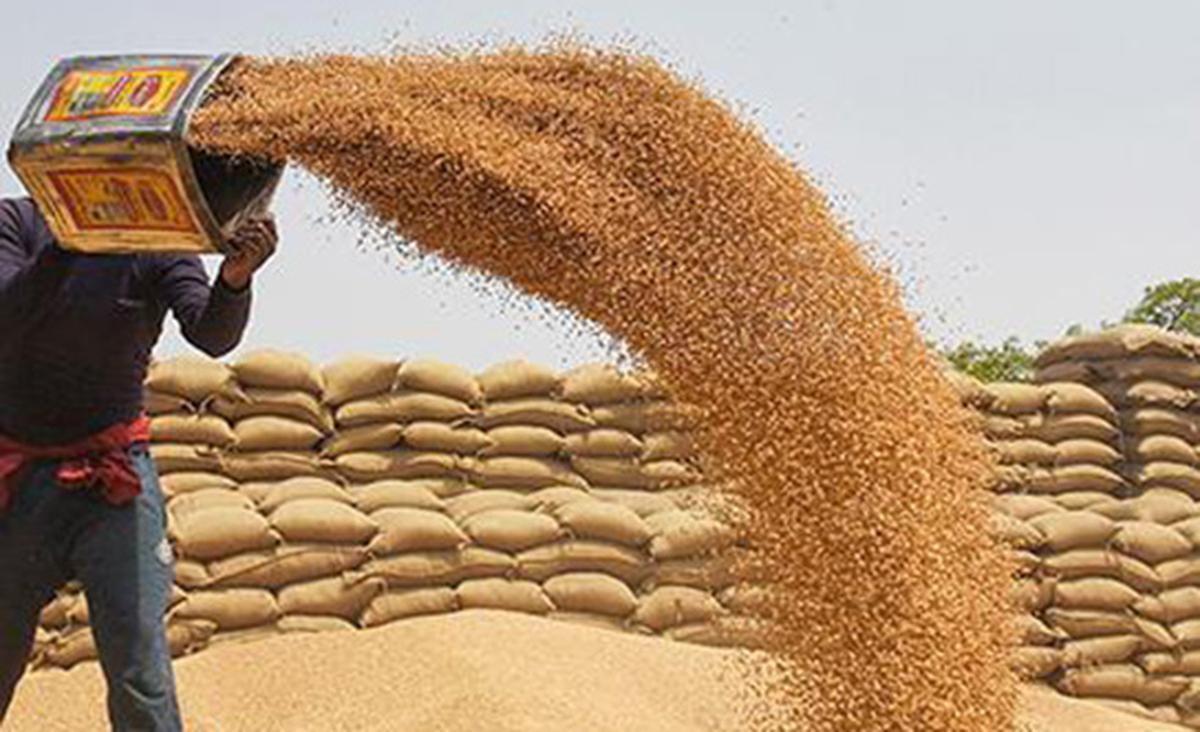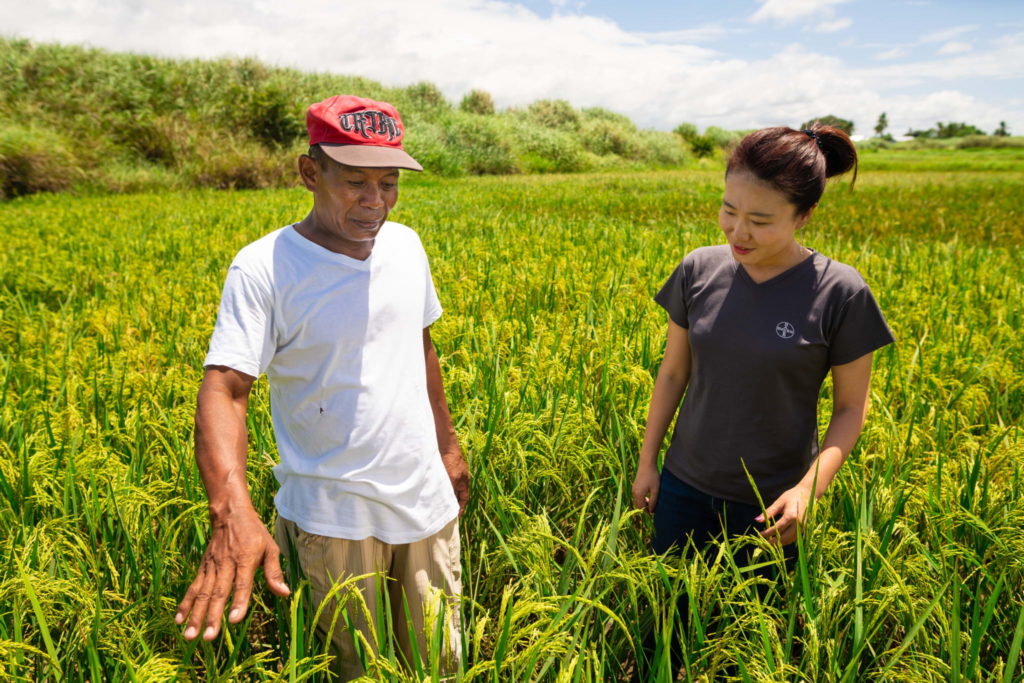Home / agriculture / India Lifts Export Duty on Parboiled Rice Amid Sur
India Lifts Export Duty on Parboiled Rice Amid Sur
By: My India Times
3 minutes read 52Updated At: 2024-11-13

In a significant policy shift aimed at strengthening India's agricultural exports, the union government has lifted the export duty on parboiled rice. The finance ministry issued the notification late Tuesday, removing a major trade restriction and giving India’s rice exporters fresh momentum in the international market. Additionally, the Directorate General of Foreign Trade (DGFT) announced on Wednesday the removal of the minimum export price (MEP) of $490 per tonne on non-basmati white rice, effective immediately.
Boosting India’s Rice Export Potential and Farmer Income
With granaries at near-full capacity, India’s decision to ease restrictions reflects a confident approach to managing its rice stocks while enabling farmers and exporters to benefit from strong global demand. The lifted export duty is expected to increase India’s market share in parboiled rice, while the removal of the MEP on non-basmati white rice could make Indian rice more competitive in price-sensitive international markets.
For farmers and exporters, this decision represents a critical opportunity to tap into higher global prices, particularly as some countries face rice supply shortfalls due to climate challenges. “Lifting the duty is a welcome relief,†says rice exporter Rajesh Kumar. “We expect this to drive up both demand and prices for Indian rice, benefiting everyone from farmers to exporters.â€
Impacts on Global Food Security and Market Stability
The Indian government’s decision arrives at a time when global rice markets are volatile, affected by droughts, floods, and trade restrictions from other major rice exporters. India, as the world's largest rice exporter, plays a pivotal role in stabilizing global food security. By easing its export policies, India is helping to ensure a steady supply of affordable rice in regions that rely on imports, especially across Asia and Africa.
Experts suggest this move could also ease pressure on global rice prices, which have seen an uptick due to supply constraints. “India’s re-entry with competitive pricing for parboiled and non-basmati rice could stabilize the market and bring relief to rice-importing countries,†notes agricultural economist Dr. Anita Sharma.
Strengthening India’s Position as a Global Agricultural Powerhouse
This decision reaffirms India’s role as a responsible agricultural exporter and solidifies its position as a key supplier to the world. The government’s proactive approach not only aims to balance domestic and export needs but also strengthens its image on the global stage. By making Indian rice accessible again, India is reinforcing its agricultural influence and supporting diplomatic ties with import-dependent nations.
Empowering Rural Economies and Encouraging Sustainable Production
Lifting export restrictions also signals an economic boost for rural India, where rice cultivation supports millions of livelihoods. The government’s policy change is expected to increase farmer incomes and encourage sustainable practices to meet the heightened global demand. Additionally, by promoting exports, India may reduce its stockpile, minimizing storage costs and waste, and redirecting resources toward infrastructure improvements for rural communities.
Positioning India for Long-Term Gains in the Global Rice Trade
While the immediate impact may be on farmer and exporter incomes, the longer-term implications are significant. By capitalizing on current market conditions, India is positioning itself to be the go-to source for affordable, high-quality rice. This proactive shift reflects India's commitment to balancing national interests with global food security, while keeping the focus on supporting the agricultural sector’s growth.
As the world watches, India’s latest move to ease rice export restrictions sets a precedent for adaptable, growth-focused agricultural policies. This decision is more than just a response to surplus stocks; it’s a step toward securing India’s position as a leader in global agriculture, providing a win-win for farmers, exporters, and rice-importing nations alike.
....In a significant policy shift aimed at strengthening India's agricultural exports, the union government has lifted the export duty on parboiled rice. The finance ministry issued the notification late Tuesday, removing a major trade restriction and giving India’s rice exporters fresh momentum in the international market. Additionally, the Directorate General of Foreign Trade (DGFT) announced on Wednesday the removal of the minimum export price (MEP) of $490 per tonne on non-basmati white rice, effective immediately.
Boosting India’s Rice Export Potential and Farmer Income
With granaries at near-full capacity, India’s decision to ease restrictions reflects a confident approach to managing its rice stocks while enabling farmers and exporters to benefit from strong global demand. The lifted export duty is expected to increase India’s market share in parboiled rice, while the removal of the MEP on non-basmati white rice could make Indian rice more competitive in price-sensitive international markets.
For farmers and exporters, this decision represents a critical opportunity to tap into higher global prices, particularly as some countries face rice supply shortfalls due to climate challenges. “Lifting the duty is a welcome relief,†says rice exporter Rajesh Kumar. “We expect this to drive up both demand and prices for Indian rice, benefiting everyone from farmers to exporters.â€
Impacts on Global Food Security and Market Stability
The Indian government’s decision arrives at a time when global rice markets are volatile, affected by droughts, floods, and trade restrictions from other major rice exporters. India, as the world's largest rice exporter, plays a pivotal role in stabilizing global food security. By easing its export policies, India is helping to ensure a steady supply of affordable rice in regions that rely on imports, especially across Asia and Africa.
Experts suggest this move could also ease pressure on global rice prices, which have seen an uptick due to supply constraints. “India’s re-entry with competitive pricing for parboiled and non-basmati rice could stabilize the market and bring relief to rice-importing countries,†notes agricultural economist Dr. Anita Sharma.
Strengthening India’s Position as a Global Agricultural Powerhouse
This decision reaffirms India’s role as a responsible agricultural exporter and solidifies its position as a key supplier to the world. The government’s proactive approach not only aims to balance domestic and export needs but also strengthens its image on the global stage. By making Indian rice accessible again, India is reinforcing its agricultural influence and supporting diplomatic ties with import-dependent nations.
Empowering Rural Economies and Encouraging Sustainable Production
Lifting export restrictions also signals an economic boost for rural India, where rice cultivation supports millions of livelihoods. The government’s policy change is expected to increase farmer incomes and encourage sustainable practices to meet the heightened global demand. Additionally, by promoting exports, India may reduce its stockpile, minimizing storage costs and waste, and redirecting resources toward infrastructure improvements for rural communities.
Positioning India for Long-Term Gains in the Global Rice Trade
While the immediate impact may be on farmer and exporter incomes, the longer-term implications are significant. By capitalizing on current market conditions, India is positioning itself to be the go-to source for affordable, high-quality rice. This proactive shift reflects India's commitment to balancing national interests with global food security, while keeping the focus on supporting the agricultural sector’s growth.
As the world watches, India’s latest move to ease rice export restrictions sets a precedent for adaptable, growth-focused agricultural policies. This decision is more than just a response to surplus stocks; it’s a step toward securing India’s position as a leader in global agriculture, providing a win-win for farmers, exporters, and rice-importing nations alike.
By: My India Times
Updated At: 2024-11-13
Tags: agriculture News | My India Times News | Trending News | Travel News
Join our WhatsApp Channel






































































































.png)
 (1).png)























